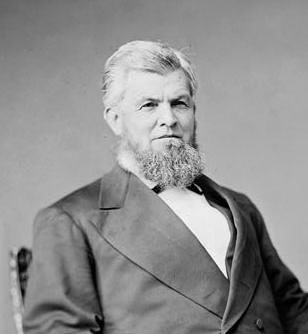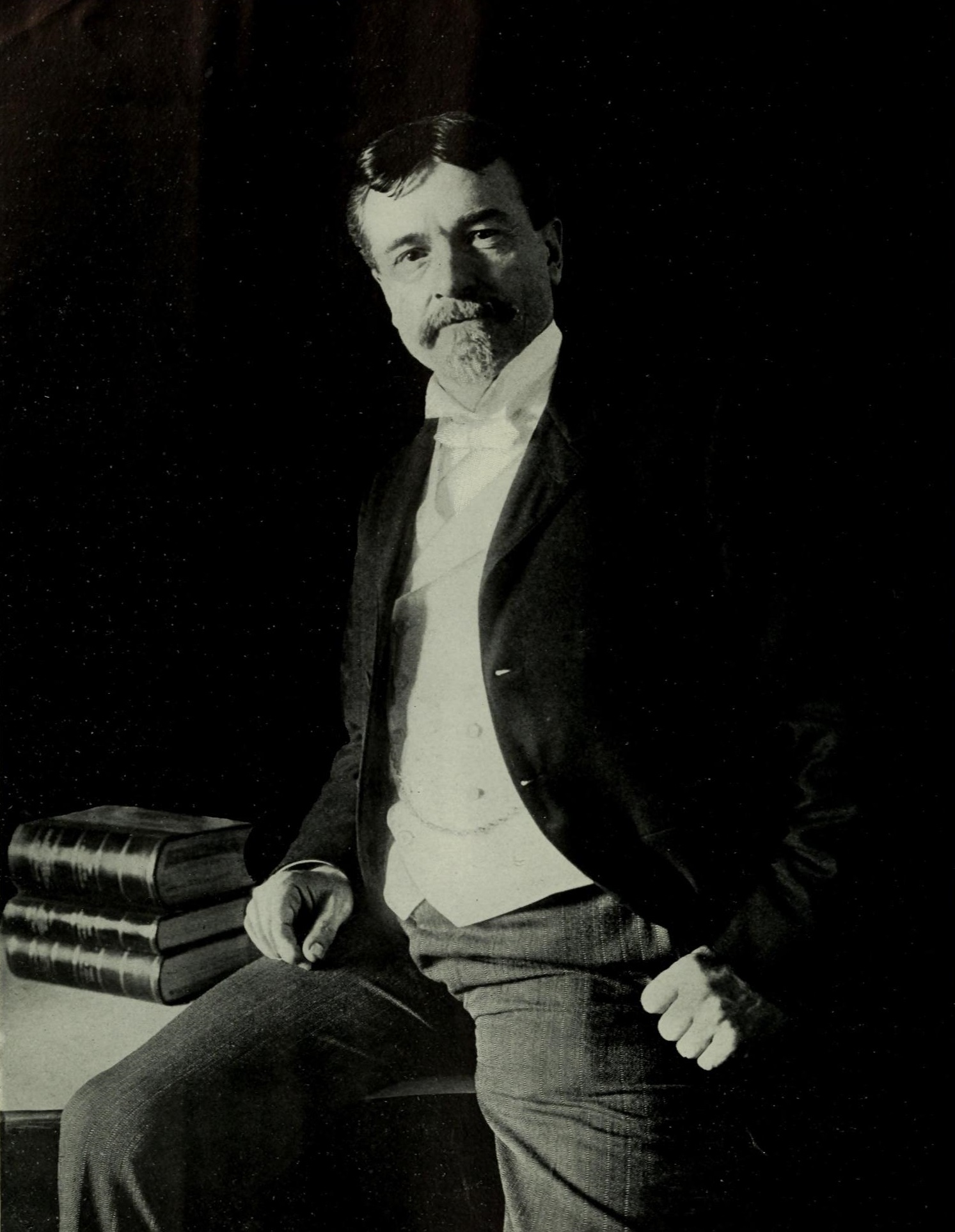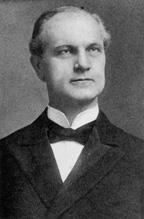A quiet, somewhat solitary stroll through one of Chattanooga's most historic cemeteries may be the perfect remedy for the modern version of cabin fever.
Forest Hills Cemetery in St. Elmo will introduce you to scores of famous political personalities from Chattanooga's past. The hundreds of blooming azaleas will counterbalance the dreariness of the quarantine.
Keep your distance from other strollers and look for these four graves:
* Col. John Thomas Wilder: Wilder, a direct descendant of Revolutionary War and War of 1812 veterans, was already recognized as an inventor and entrepreneurial foundry owner before the U.S. Civil War.
At the outset of the war, Wilder enlisted in the First Indiana battery, was quickly promoted to captain, in part due to his engineering capabilities. By 1862, he was leading the regiment into battle as a colonel.
After a brief stint in a Confederate prison, Wilder returned to his command where he learned his troops were advocating new, more precise Spencer repeating rifles, but funds were unavailable. In a run around the lengthy procurement process, Wilder raised the money from his Indiana banking friends.
When he required horses to transition his regiments into "mounted" infantry, he received permission to raid the countryside. By 1863, his men had distinguished themselves as "Wilder's Lightning Brigade." He had led a diversionary action in Chattanooga that contributed to the city's capture, and his regiments were indispensable during the Battle of Chickamauga. Wilder settled in Chattanooga after the war, manufacturing iron and rails. He was elected mayor in 1871.
* David M. Key: The first graduate of Hiwassee College and a prominent Tennessee attorney, Key served with the 43rd Regiment of the Tennessee Infantry during the U.S. Civil War.
After the war, Key returned home to farm and became involved in politics, first serving as a member of Tennessee's 1870 Constitutional Convention and then becoming chancellor of the Third Chancery Division. In 1875, he was tapped to fill a two-year vacancy in the U.S. Senate, where he came to the attention of President Rutherford B. Hayes, who appointed him as U.S. postmaster general.
It was a difficult period in national history; Key found himself caught between the warring Democrats and Republicans. He returned to Tennessee in 1880 and, until 1894, served on the U. S. District Court for the Eastern and Middle Districts of Tennessee.
* Henry Clay Evans: Evans first glimpsed Chattanooga as a member of the 41st Regiment of the Wisconsin Volunteer Infantry.
After his honorable discharge as a quartermaster sergeant and jobs in Texas and New York, Evans returned to Chattanooga in 1870 and joined Wasson Car Works and later the Roane Company and First National Bank.
He eventually brokered his strong work ethic and intelligence into the presidency of the Chattanooga Car and Foundry Company, remaining as principal owner for the next 30 years.
Active in Chattanooga leadership, Evans would help organize the city's school system, become president of the school board and a school commissioner, and join city government as an alderman.
After serving as mayor 1881-1883, he was elected to the U.S. House of Representatives for one term. Future political positions included first assistant postmaster general, commissioner of pensions and, at President Theodore Roosevelt's insistence, as U.S. consul general in London.
After his retirement from national politics and return to Chattanooga, he again served his city as commissioner of health and education and as a trustee for the University of Chattanooga.
* James Beriah Frazier: Frazier, the only Tennessee governor elected from Hamilton County, was born in Bledsoe County, the descendant of a patriot great-grandfather and grandfather who had fought at King's Mountain.
Having attended Nashville's Franklin College and the University of Tennessee, he taught school while preparing for admission to the bar. Upon acceptance in 1880, Frazier moved to Chattanooga and practiced law as a partner in DeWitt, Shepherd and Frazier.
Gifted with oratory skills and an engaging personality, Frazier found himself drawn into politics. In 1900, he served as a presidential elector for William Jennings Bryan and, in 1902, he was elected governor. Elected to a second term, he championed a reduction in the state debt, increased funding for public education, promoted coal mine safety regulations and endorsed temperance.
Frazier left office early to fill an unexpired term in the U.S. Senate, where he served from 1905 until 1911. Upon his return to Chattanooga, he continued his law practice and worked tirelessly in the community.
After locating these four graves, continue your stroll through history.
Linda Moss Mines, the Chattanooga-Hamilton County historian, is regent, Chief John Ross Chapter, NSDAR.



